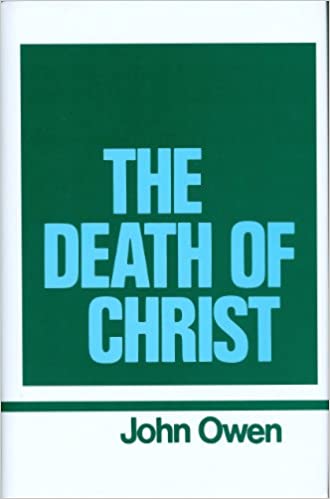A Brief Book Summary from Books At a Glance
by Steve West
Editor’s Note: Most of our readers will already be at least somewhat acquainted with John Owen (1616-1683), “the prince of Puritans,” but it is not likely that many have read him extensively. His works are not only voluminous – they are tightly packed and deeply considered. Owen is neither quick nor light reading!
Today we continue our year-long series of summaries of Owen’s famous works. We trust these will be of help in introducing and/or increasing your acquaintance with this giant Puritan theologian.
Summary, Part 2
A Display of Arminianism
Chapters I & II
In sin, we are not just darkened in our understanding, we are biased against God. People do not want to submit entirely to God—they still want to be masters of their fate. Arminians try to be free from God’s total providence so that their wills and contingency constitute an absolute independent power. They also try to clear us from the imputation of a sinful and corrupt nature which is unable to freely choose to follow God, so that the key part of salvation resides with the individual’s free will rather than God’s sovereignty. We will see how they argue for these things in the following chapters.
Christians have always believed that God’s decrees are internal and immutable, so they are eternal and cannot change on the basis of externals. Arminians, however, are the first people to reject this understanding of God. They argue that some decrees precede the creature, but others are contingent upon the creature and thus follow after them in time; this, of course, means that not all of God’s decrees are eternal. Beyond this, they argue that some of God’s decrees expire and can change. They have God decree salvation for all, but then after he is rejected he changes that decree for those who will not put their faith in Christ. Election and reprobation are said to depend on the individual’s faith and not on God’s specific decree, and they can be changed if someone puts their faith in Christ and apostasizes afterward. Since people can change God’s decrees for their eternal state, God waits until after their death to decree their fate. To be consistent, they have to maintain that everyone in hell could have been in heaven and vice versa. In contrast to this system, the Bible clearly teaches the eternal, immutable nature of God’s decrees. His decrees conform to his character which is unchanging. The eternal acts of his will cannot be any more changing than the eternal essence of his nature. They do not depend on human beings—it is God who establishes everything. God would only change his mind if he came across better information, but this is impossible. . . .
[To continue reading this summary, please see below....]The remainder of this article is premium content. Become a member to continue reading.
Already have an account? Sign In
